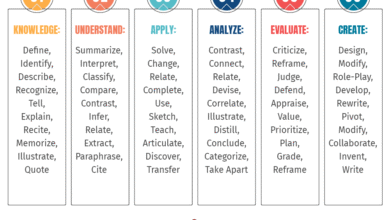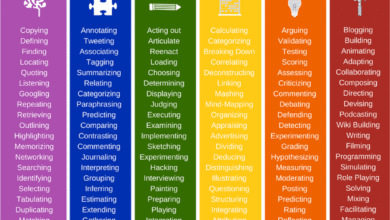Vermont Poised to Curtail Library Book Bans, Bad Ebook Contracts, and Protect Teen Library Records


Several states this year have floated anti-book ban measures. Among them are Minnesota, Massachusetts, New Jersey, Washington, and others, and the current status of those bills as of mid-March can be viewed here. Another state has joined the fray. This time, it’s Vermont–and the bill looks to be advancing nicely toward implementation.
Senate Bill 220 (S. 220) was introduced in January, though it lingered in committee for several months. On March 26, it reached the Senate floor and was met with favor, as well as an amendment which would make the bill applicable not only to public libraries but to school libraries as well.
The bill would require that libraries have a policy and procedures in place for reviewing challenged materials. In addition to requiring policies and procedures, S. 220 would change other library practices, all of which aim to create a safe environment for all users. These include:
- Schools would not be allowed to remove materials due to the identity of authors or characters in the books being challenged. Books about sexual health could not be removed for being about that, and objections to materials based on “personal morality, political views, or religious views” would not be enough to get a book removed.
- Library records for those 12 years and older would not be disclosed to legal parents or guardians, protecting the privacy of younger teens. Currently in Vermont, this protection is granted for those 16 and older.
- All library trustees would undergo training about their role and what their duties are in advising/governing the library.
This is a comprehensive bill, not limited to protecting intellectual freedom and the right to read, though. Also included in S. 220 are requirements that would create a full-time position in the state’s Agency of Education that works with the Department of Library to assist school librarians, as well as two full-time librarian positions within the Department of Library. Like proposed this year in Illinois, the Vermont bill would make threatening public librarians a criminal offense.
S. 220 also takes on ebooks/digital audiobook and ebook/digital audiobook contracts. The bill would demand fair contracts between vendors and libraries, which would include removal of limits on the number of circulations a digital item could be used within a library. Vermont joins several other states with bills either pending or passed through legislature that speak to how digital materials have become unsustainable for public and school libraries, including Massachusetts, Connecticut, and New Hampshire.
“Libraries are under attack,” said Senator Ruth Hardy, one of the bill’s sponsors, on the floor Tuesday. “I am thrilled that we, here in Vermont, are standing up against that trend.”
The other sponsors of the bill include Martine Gulick, Alison Clarkson, Wendy Harrison, Andrew Perchlik, Anne Watson, Rebecca White, and Irene Wrenner.
Senator Brian Campion addressed the privacy aspect of the bill, noting that allowing those 12 and older to know information about the materials they borrow would be protected would be a significant step in helping so many teenagers navigating who they are.
“Growing up as a gay kid, I would go to the library and search out books, trying to figure things out. And we want kids to be able to go in the same way — in a way that they can sort of feel safe and explore and support who they are,” said Campion, per the Vermont Digger.
Inspiration for the comprehensive and wide-ranging bill emerged following the Working Group Report on Vermont Libraries released in 2023. Though Vermont ranks among the least active states when it comes to book bans–the American Library Association reported zero book bans or attempts to challenge titles in 2023, as did PEN America in their report on school book bans during the 2022-2023 school year. The Working Group Report, however, noted that across the state, libraries feared quiet/soft censorship taking place that may never show up in reports like those produced from ALA or PEN.
From page 17 of the Working Group Report on Vermont Libraries:
While calls for book bans are thankfully few in Vermont to date, the Working Group heard from members of the community that a type of “soft censorship” is becoming common in libraries—particularly those in smaller communities. Worries about defending potential challenges to materials in the library collection increasingly impact the comfort library staff have in selecting well-written, relevant materials for their collections. High-profile challenges to library programming in the state have some library staff and trustees backing away from inclusive programming. While Vermont has, so far, faced fewer challenges to materials and programs than many other states, the feeling on the ground is that it is just a matter of time until these issues will impact Vermont libraries significantly.
S. 220 will be heard for the third time today, March 27, 2024, on the Senate Floor. From here, it could see either more amendments or passage. From there, it would progress to the Vermont House of Representatives. If you’re a Vermont resident, the time is right now to write both your Senator and your Representative.
This bill looks promising, so it is especially important to show up however you can to support its forward momentum.
Source link



